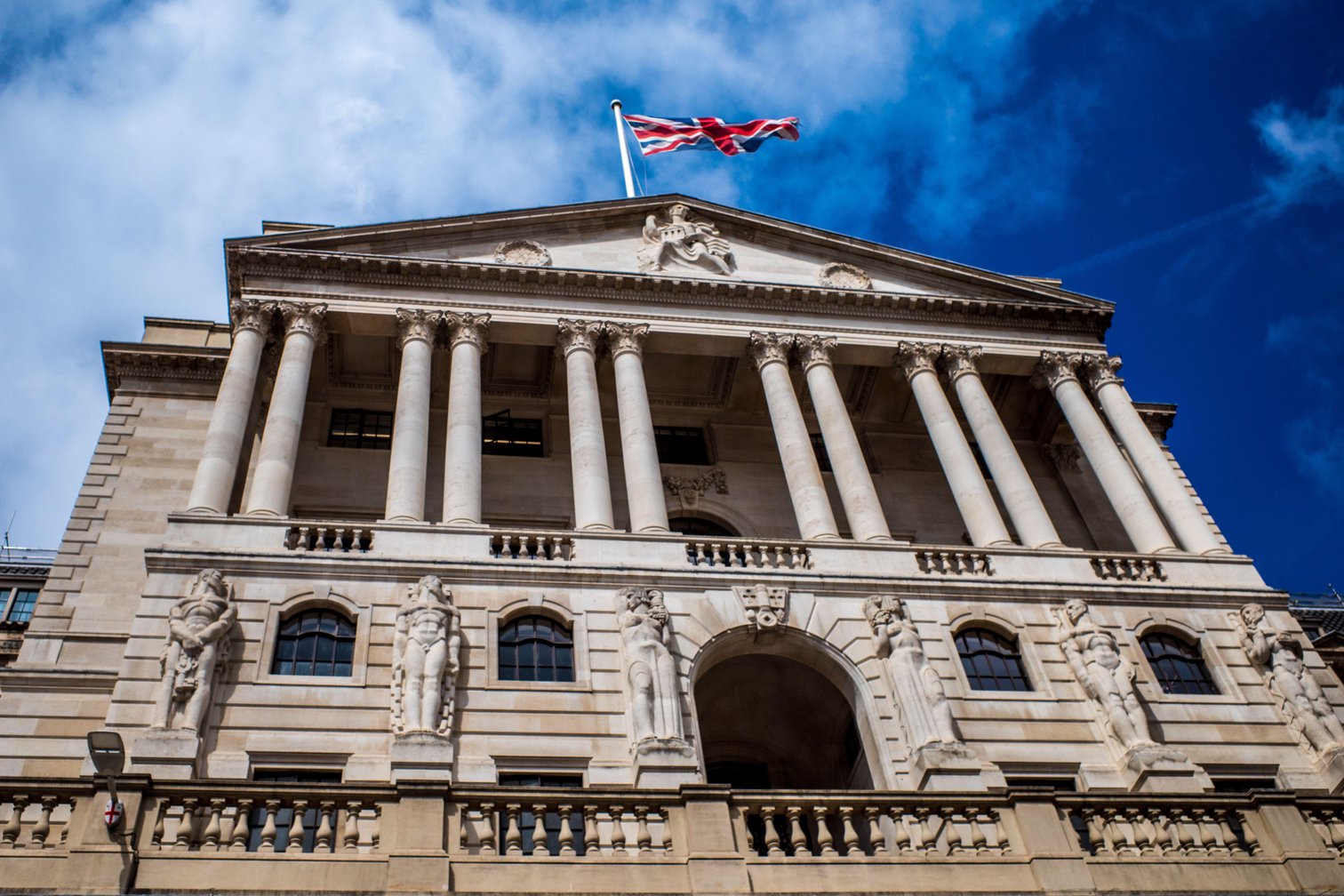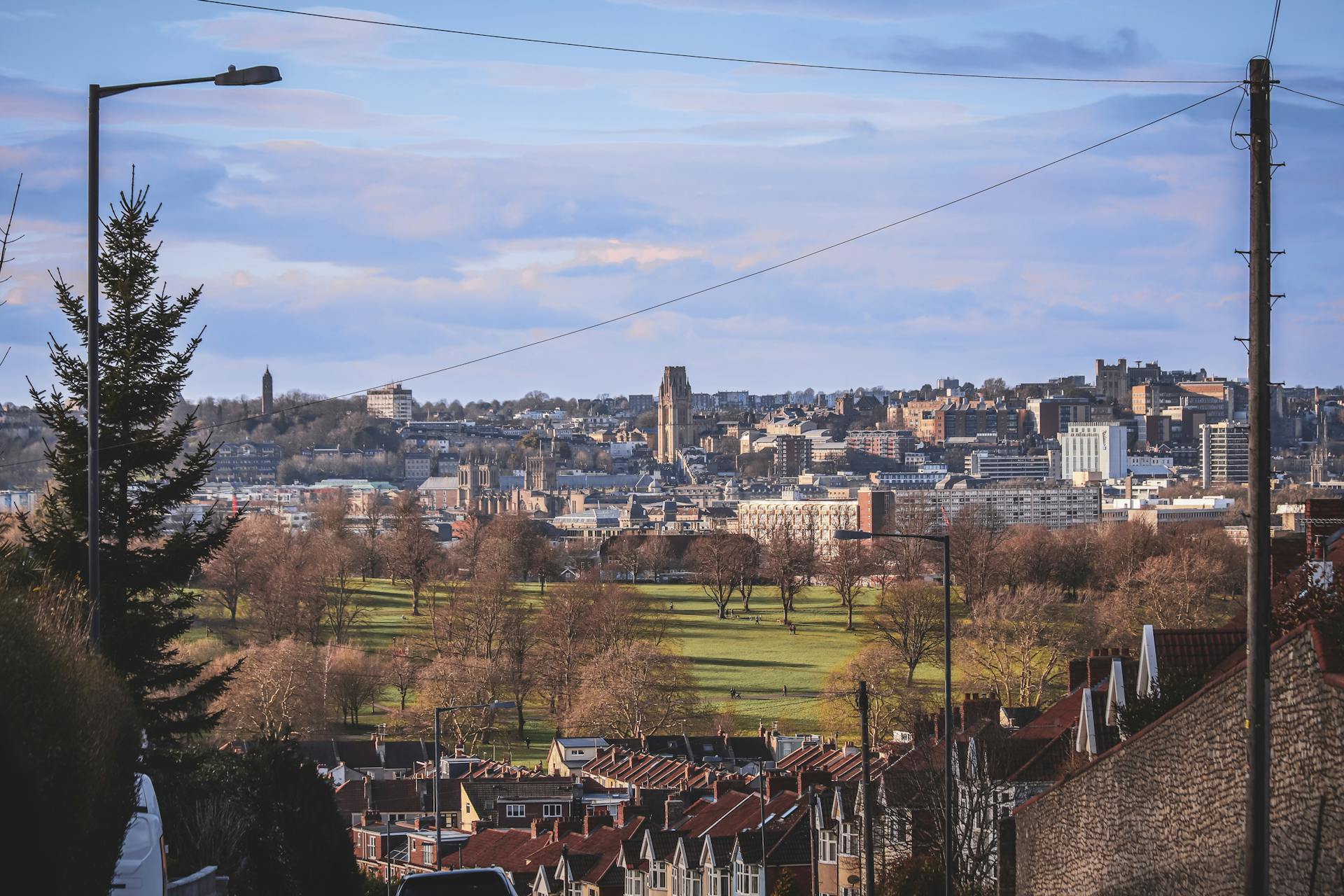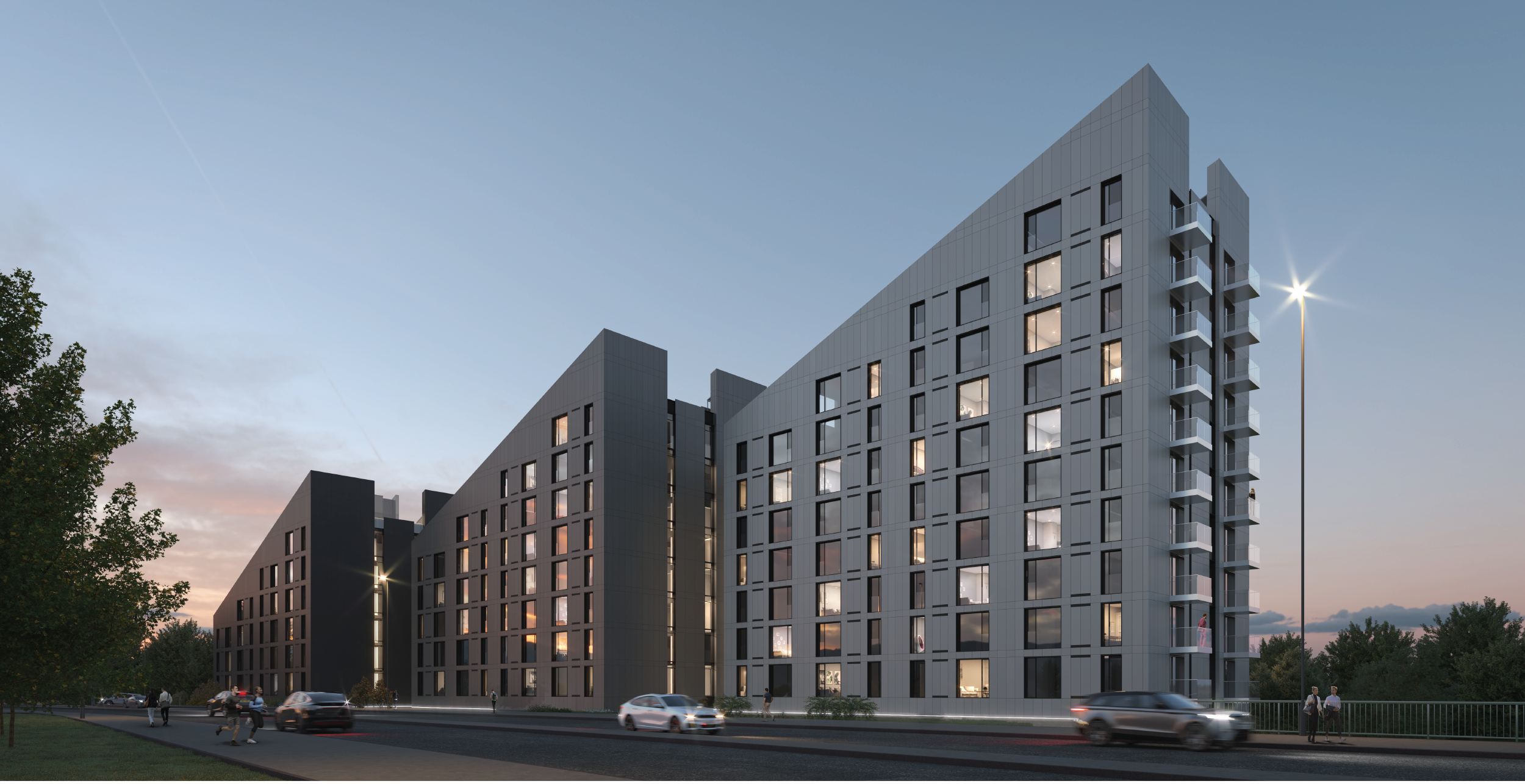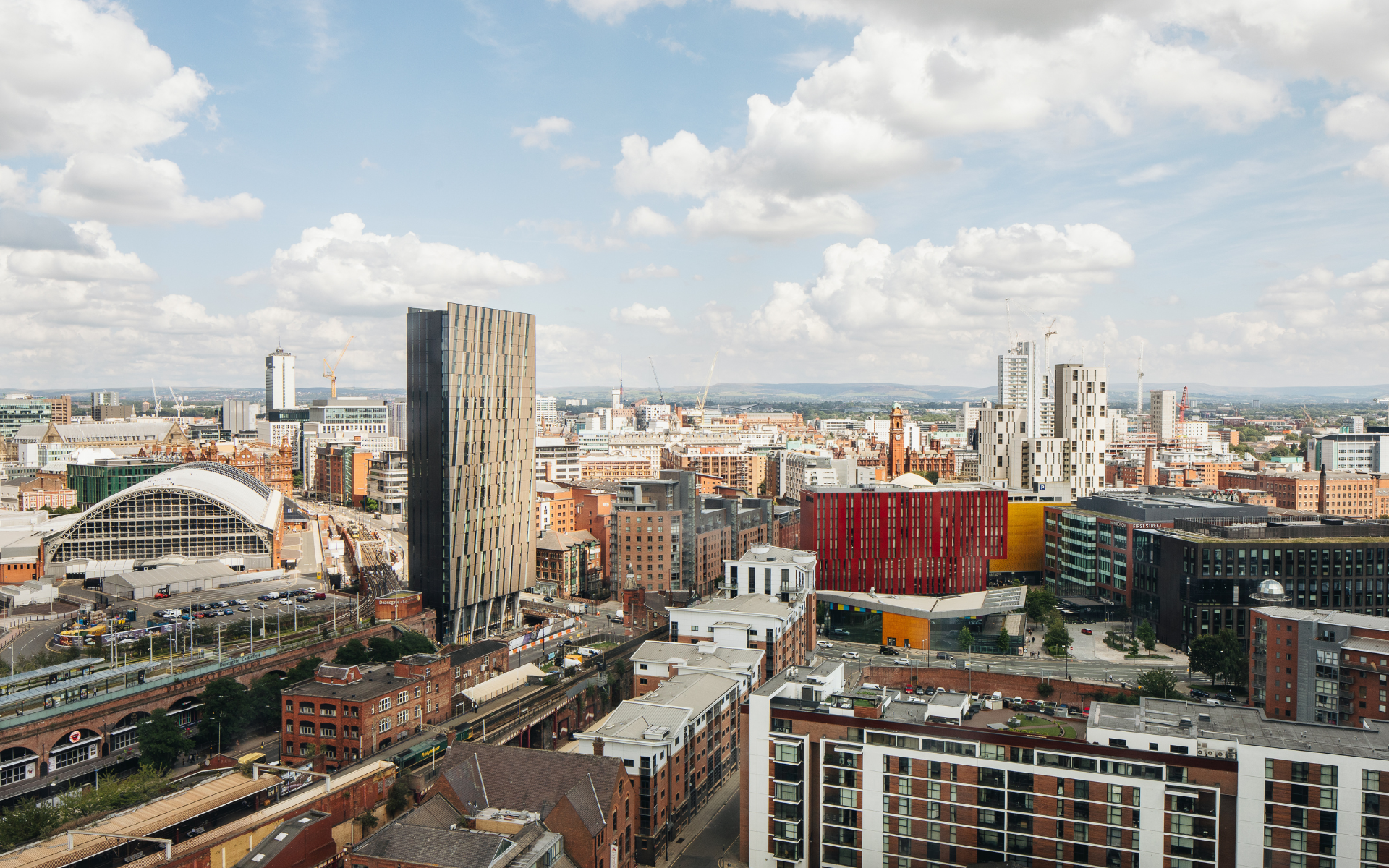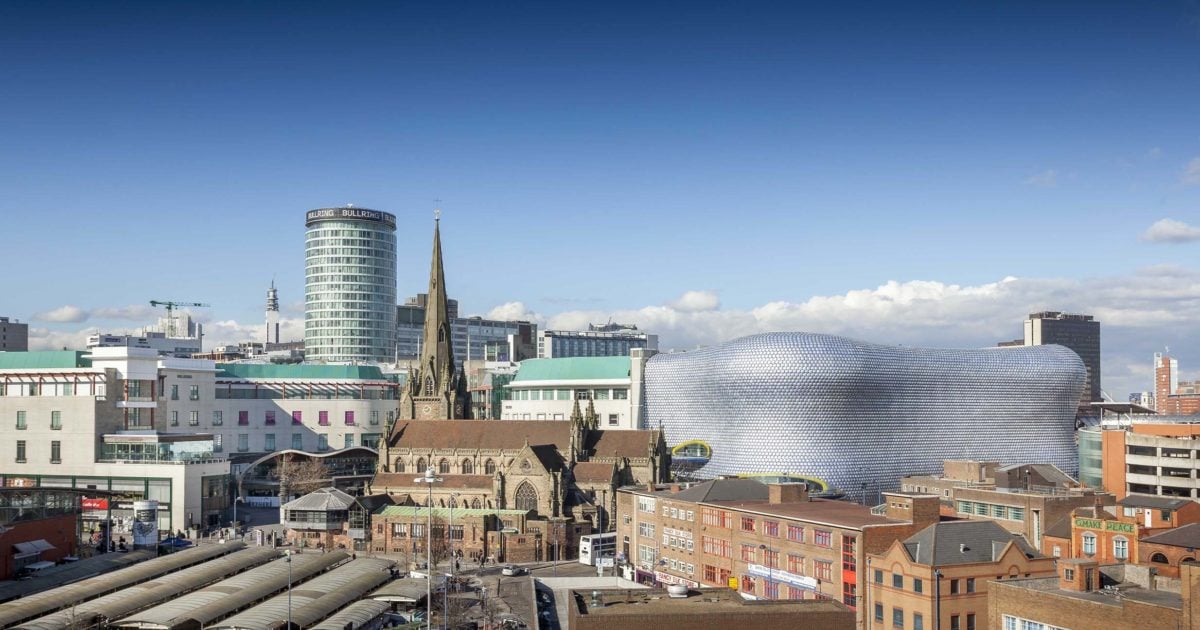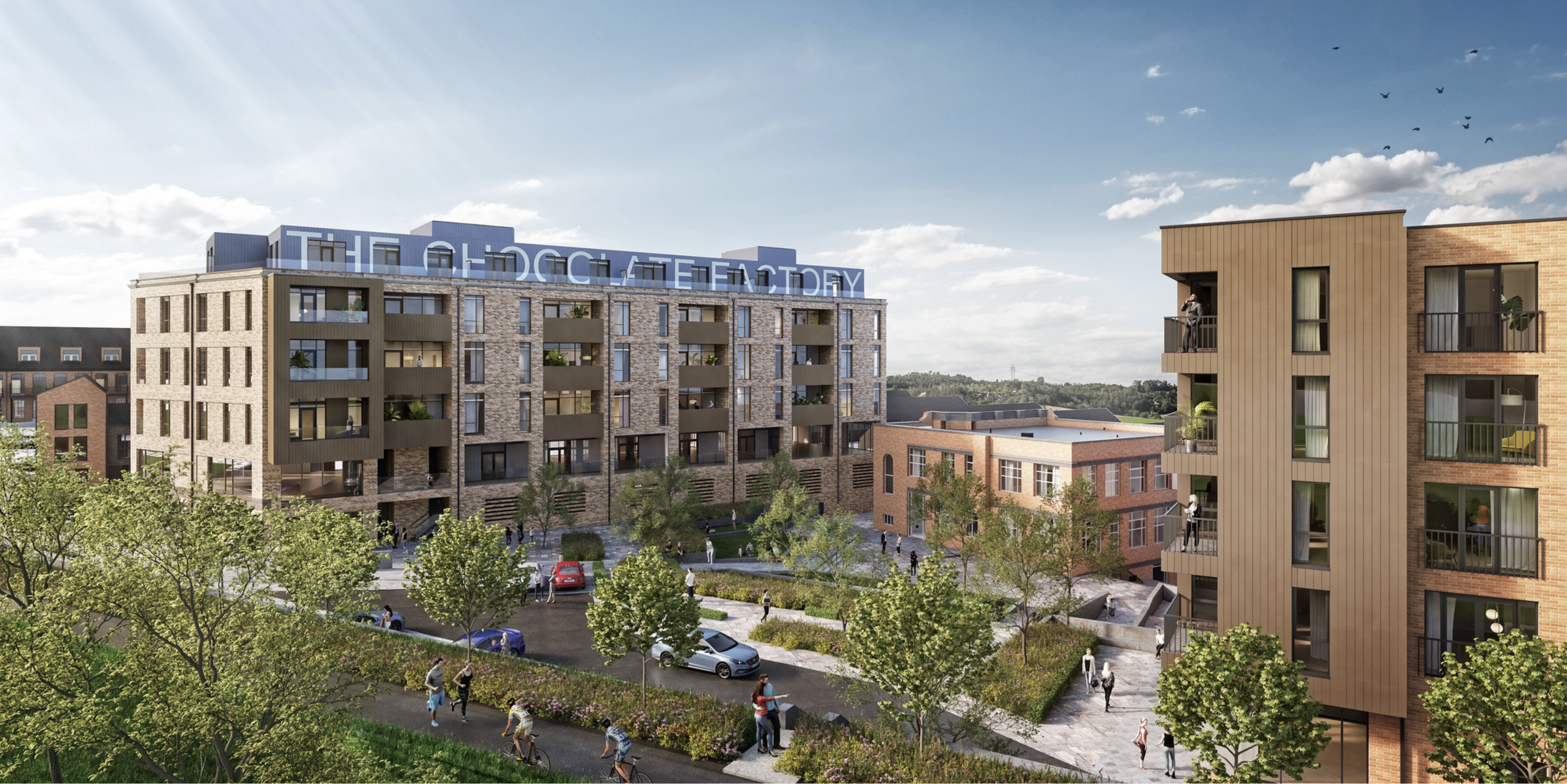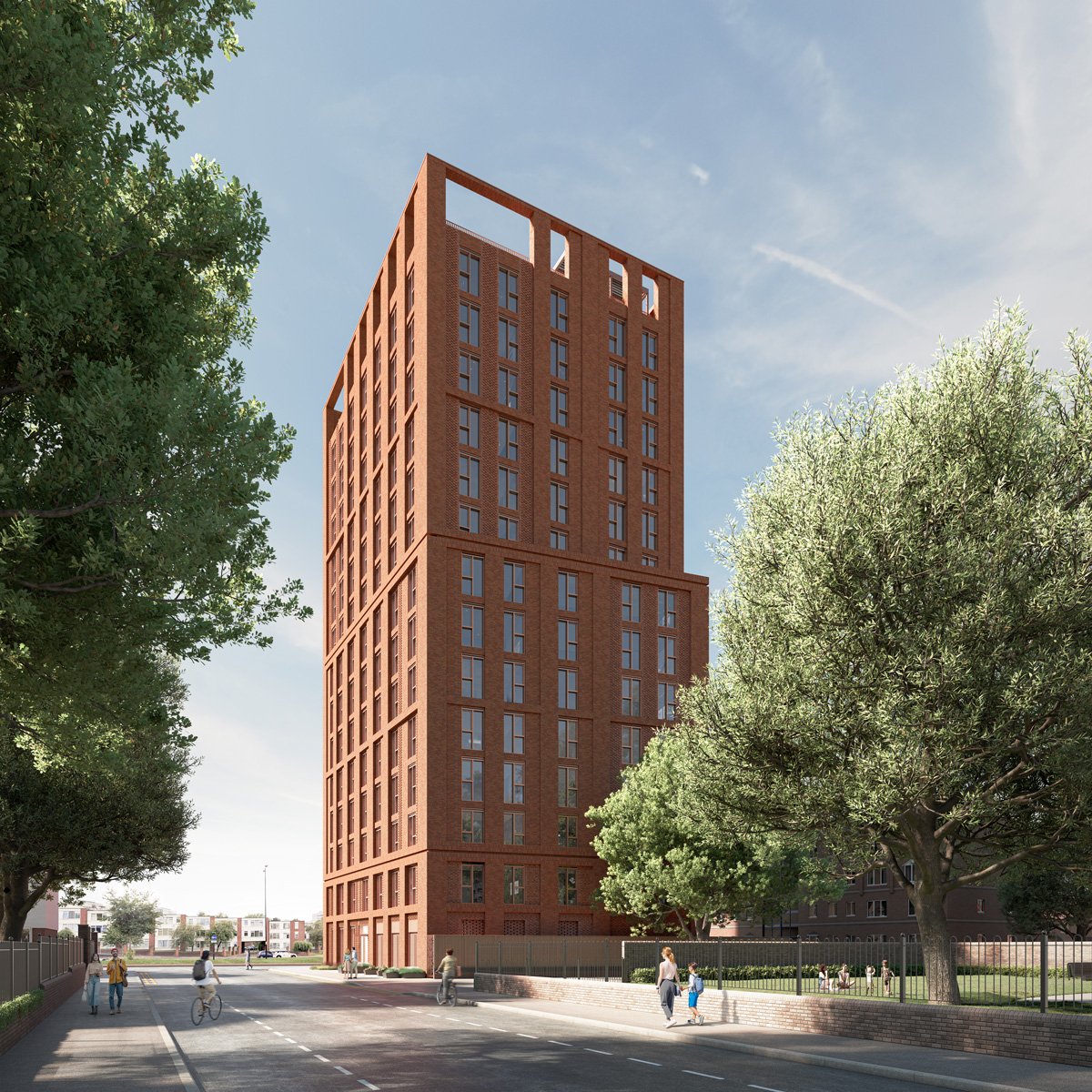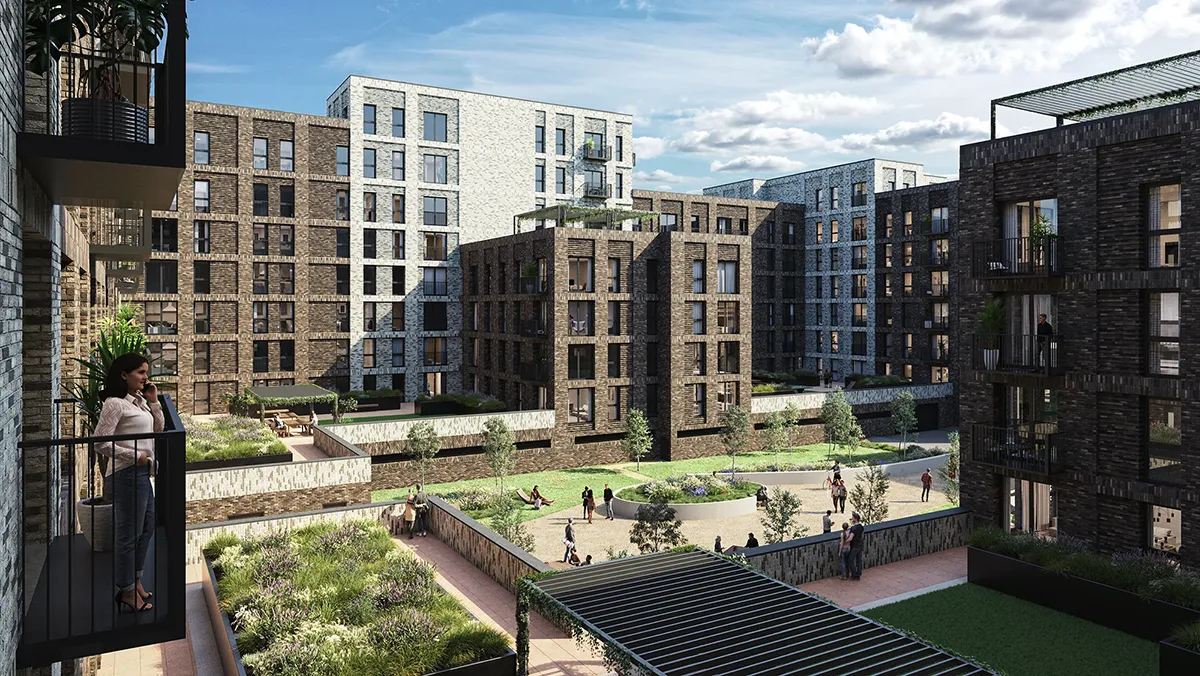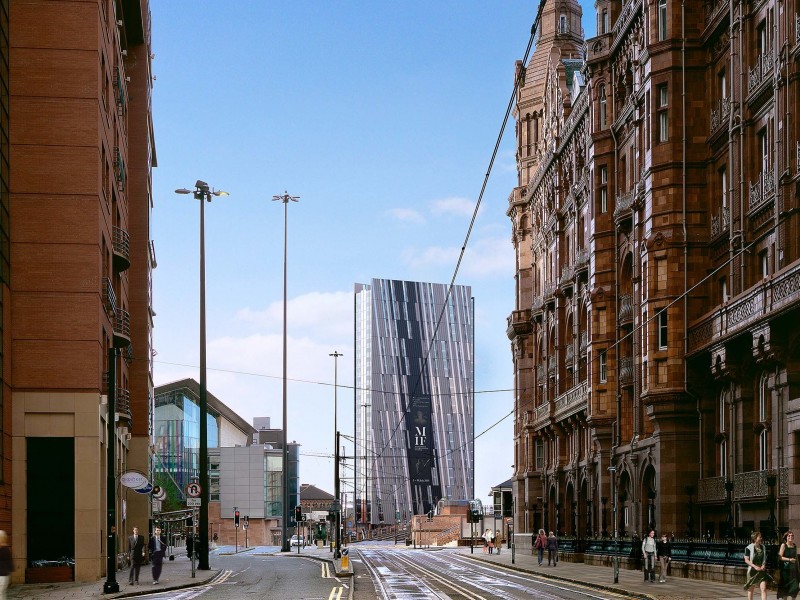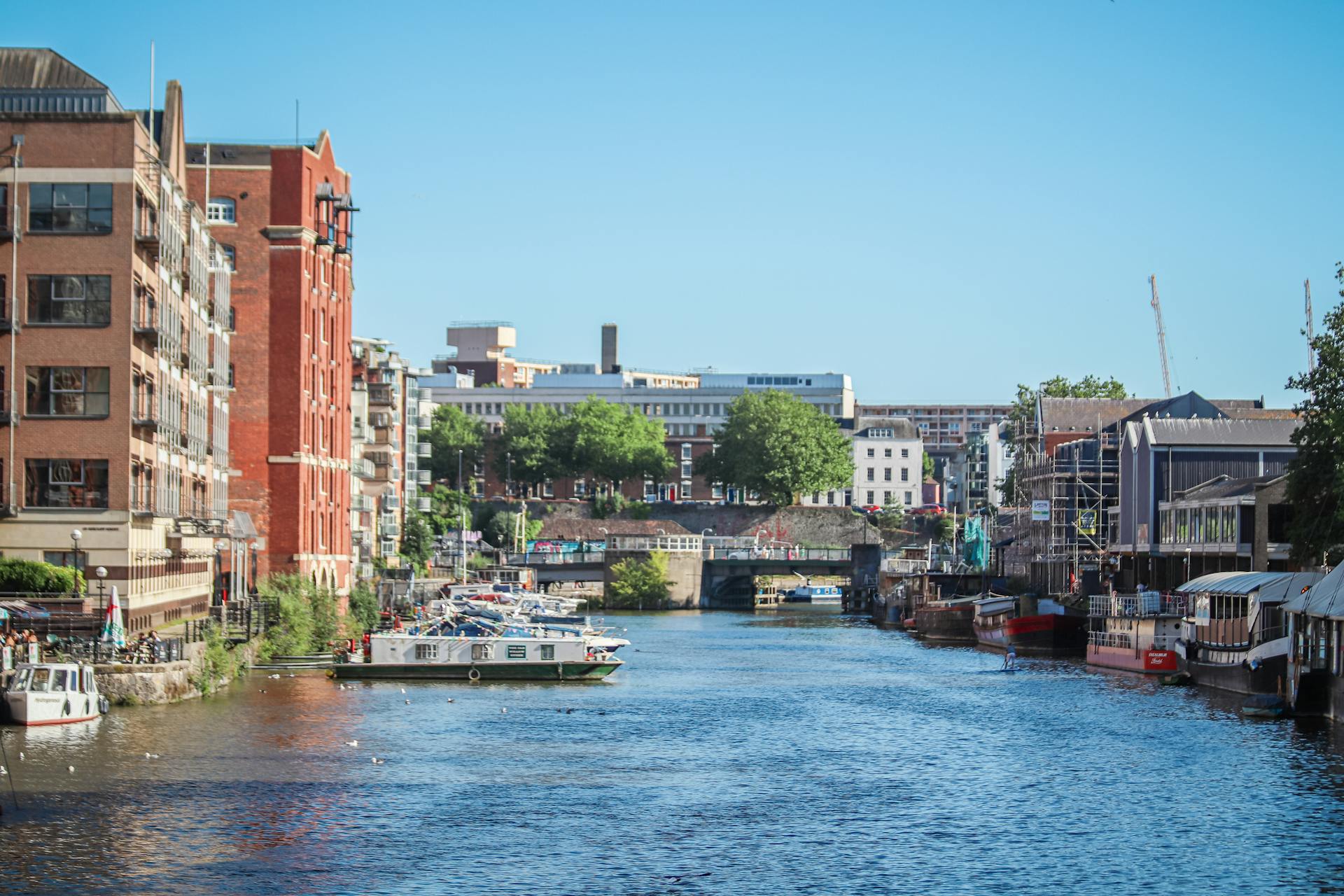Manchester to be world-class city in five years
Manchester has established itself as an impressive business destination and an attractive place to live. Both at home and abroad the city has a growing reputation, and the latest State of the City Report sets out a plan to establish Manchester firmly as a world-class city by 2025.
Manchester has recorded many achievements in recent years, with Sir Richard Leese, the leader of the City Council, saying: “Our cultural offer, job creation, commitment to new housing, among others, mark a city that people want to be in – and our ongoing population growth is testament to this.”
Some highlights of the report are as follows:
Population and economic growth
Perhaps the most obvious sign of Manchester’s vitality and success is its growing population. The report shows that more than 575,000 people will call the city home by the end of 2019 and, furthermore, the Manchester City Council Forecasting Model (MCCFM) estimates that could rise as high as 637,000 by 2025. At least 100,000 of those people are likely to live in the city centre – an increase of approximately 5,000 people a year. Growth on that level would put immense pressure on the available housing stock and push property values to new highs.
Alongside this, the city centre economy is forecast to be worth more than £6bn annually by 2025 and employ more than 150,000 people, making it the driver of the whole regional economy and responsible for 10% of all employment in Greater Manchester. Overall, the Greater Manchester economy is growing by 4.3% annually, compared to 3.6% for the UK as a whole, and the sectors expanding fastest include the cultural, creative, business, financial and professional services sectors – precisely those which are most attractive to young people who prefer city centre living.
A highly skilled city
Of course, you cannot have prolonged economic growth without a highly trained workforce. The State of the City 2019 report shows that Manchester’s working-age population is extremely well qualified and a higher proportion of young people than ever have the skills they need to sustain work. It is also noted that the high level of graduate retention in Manchester means that 44% of people in the city are educated to degree level, and that this talent pool is a key driver of business.
Crucially, partnerships between Manchester City Council and local schools and universities ensure that workforce is being trained to suit the fastest-growing industries discussed in the previous section. Initiatives such as the Manchester Digital Skills Network and Digital Future are imparting the knowledge and adaptability needed for the technology-based, modern economy which will drive Manchester forward; the fact that giant multi-national organisations such as Amazon, Huaweiand Siemenshave chosen to invest so heavily in the city is a testament to the strength of Manchester’s strategic vision and shows why so many people are choosing to live and work here.
Improving connectivity
In the modern world, no city can succeed on its own. Instead, being connected effectively to the rest of the country and the world is vital. Manchester is on the road to fulfilling its potential, and further investment into connectivity is a big part of getting there.
The Greater Manchester 2040 Transport Strategy is already being implemented, with extension of the Metrolink tram system and upgrades to the regional road network underway. A supplementary City Centre Transport Strategy is to be published in 2020 which will further improve connectivity in the centre of Manchester – the region’s key economic area, as discussed above.
Manchester Airport is undergoing a £1bn programme of improvement which is due to be completed in 2024. Already the third-busiest airport in the country, this expansion will increase its capacity to 55 million passengers a year. Alongside recently-established direct routes to India and China, this will ensure Manchester Airport remains a major international hub.
Finally, plans to improve Manchester’s railway links are on track. The biggest project is the HS2 high speed rail line which, when complete, will cut journey times to London and Birmingham in half. Just as importantly, the report shows that plans to connect Manchester to other major cities in the North are proceeding well. Whether it is the Northern Hub project improving capacity at Piccadilly and Oxford Road stations, or Transport for the North developing its Northern Powerhouse rail plans for high speed rail connections across the region, Manchester is at the leading edge of national infrastructure investment.
With what has already been achieved, and all of the future plans laid out above, this is an exciting time to live and work in Manchester – as demonstrated by the sheer number of people expected to move to the city in the next five years.
With the city’s population expected to grow thanks to the world-class jobs and lifestyle on offer, property in the centre of Manchester will become increasingly popular. This will push house prices up rapidly, making this the perfect time to buy off-plan in Manchester and avoid the coming inflation.
For more information about our off-plan developments in Manchester, please click here.
Continue Reading
